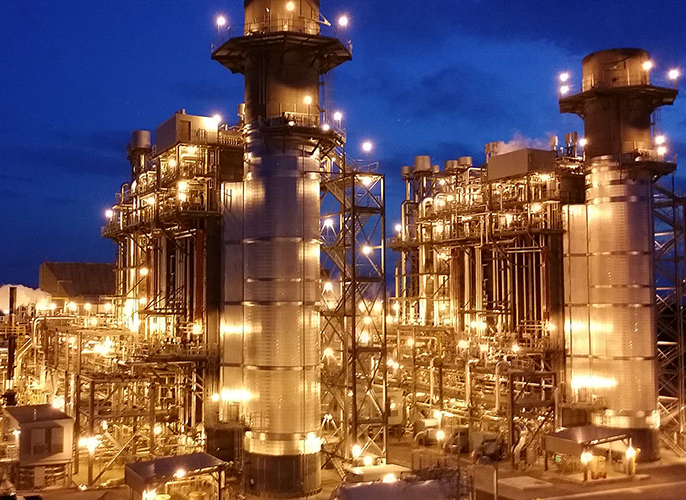
By INS Contributors
Kuala Lumpur, Malaysia: The Central Asian giant Kazakhstan will pursue broader engagement internationally as it importance in global trade and economic structures continues to grow, President Kassym-Jomart Tokayev said.
In an interview with the Egemen Qazaqstan newspaper, Tokayev noted that the country will host a number of representative summits and forums.
"Kazakhstan will chair several authoritative international organizations at once, including the Shanghai Cooperation Organization, the Collective Security Treaty Organisation, the Conference on Interaction and Confidence-Building Measures in Asia, the Organisation of Turkic States, the International Fund for Saving the Aral Sea, and the Islamic Food Security Organisation," Tokayev said.
Tokayev also said the Astana International Forum, with the participation of leaders of a number of states and global companies, will become one of the significant events in June. This platform traditionally discusses global topics such as climate change, food shortages and energy security.
“Kazakhstan agreed with France to host the One Water Summit on the sidelines of the United Nations General Assembly (UNGA) this year, which is supposed to contribute to the global climate agenda,” he noted.
On the C5+ format, he said Central Asia is a dynamically developing region with its own vision of geopolitical realities and broad opportunities in trade, investment, business, and innovation, increasing interest in Central Asia significantly increases worldwide.
Strong domestic front
While seeking to strengthen and expand its international interests, Kazakhstan has not lost sight of its domestic issues and needs, with Tokayev saying the pressing issues of the social sphere were consistently addressed.
The construction of schools, including “comfortable schools”, began throughout the country, and medical facilities are being built in villages. The Social Code, aimed at comprehensive support for vulnerable categories of citizens, has been introduced.
A special payment has been approved for persons employed in harmful working conditions. An additional payment has been established for environmental protection officers for risks to life and health. The salaries of medical workers, teachers at schools, colleges and kindergartens have been raised.
A law regulating contributions to children from the National Fund has been adopted. A new methodology for determining the minimum wage was adopted, taking into account key economic indicators, including the inflation rate.
Not only have these pressing social issues get the necessary attention, Kazakhstan has also made strides on the economic front with the International Monetary Fund analysts noting that by the end of 2023, Kazakhstan’s GDP in current prices is expected to exceed $259 billion, marking a 15 percent increase from 2022.
"This is the highest nominal growth in Central Asia," Tokayev said, adding that macroeconomic indicators are not the most important thing, but the real well-being of the citizens and the implementation of systemic reforms that will establish new “rules of the game” for the entire economy are a priority.
"All this work will gain momentum in 2024. We will act scrupulously and systematically, steadily moving towards the set goals. This year is particularly important because it lays the foundation for the next five-year cycle of the country’s development," he assured.
People's voices heard, listened to
Following events of a failed coup d’état, Tokayev said Kazakhstan has emerged stronger and that the country will not be deterred from pursuing social development, democracy and political and human rights based on its own terms and interpretations.
"We have created all conditions for the public expression of disagreement with the actions of the authorities. Citizens can openly talk about existing problems. In line with the concept of a ‘listening State,’ I demand that State bodies take public opinion into account. We have enacted a democratic law on peaceful assembly. Additionally, a law that regulates the procedure for submitting and considering petitions has recently been adopted," he said.
"Therefore, it should be very clear: peaceful protests are acceptable, but mass riots are unacceptable and will be firmly suppressed. The law must reign in the country - this is my principled position. For instance, in Western countries, often regarded as citadels of democracy, authorities do not treat those who organize street riots and attacks on government buildings leniently," he added.








0 Comments
LEAVE A REPLY
Your email address will not be published